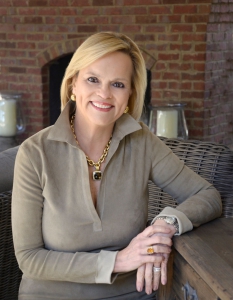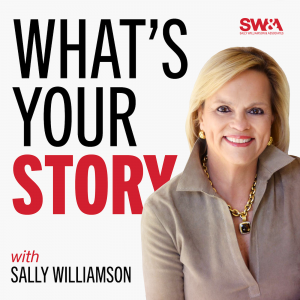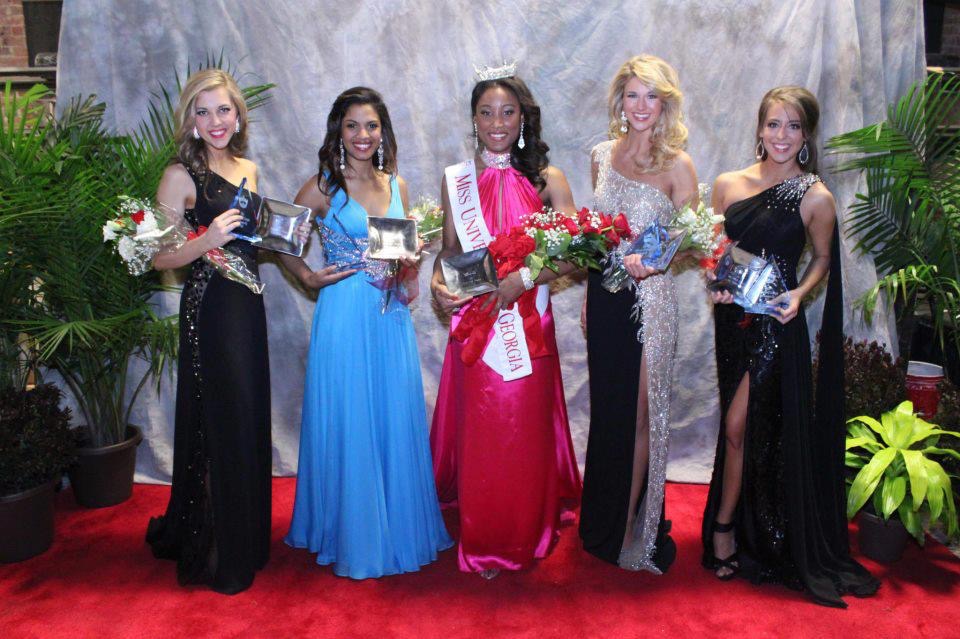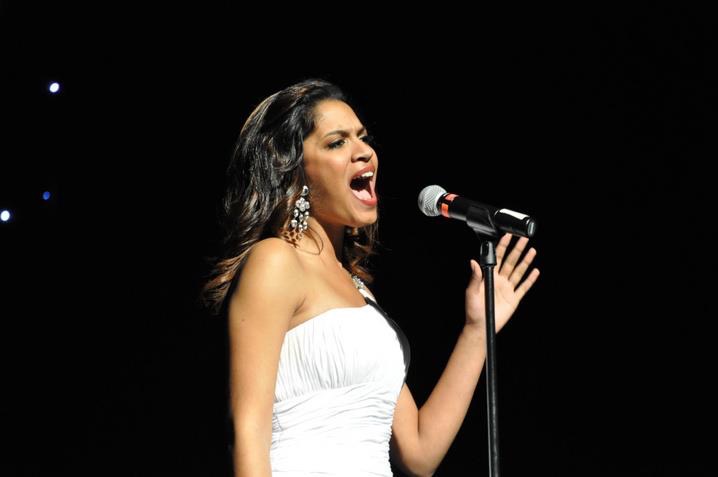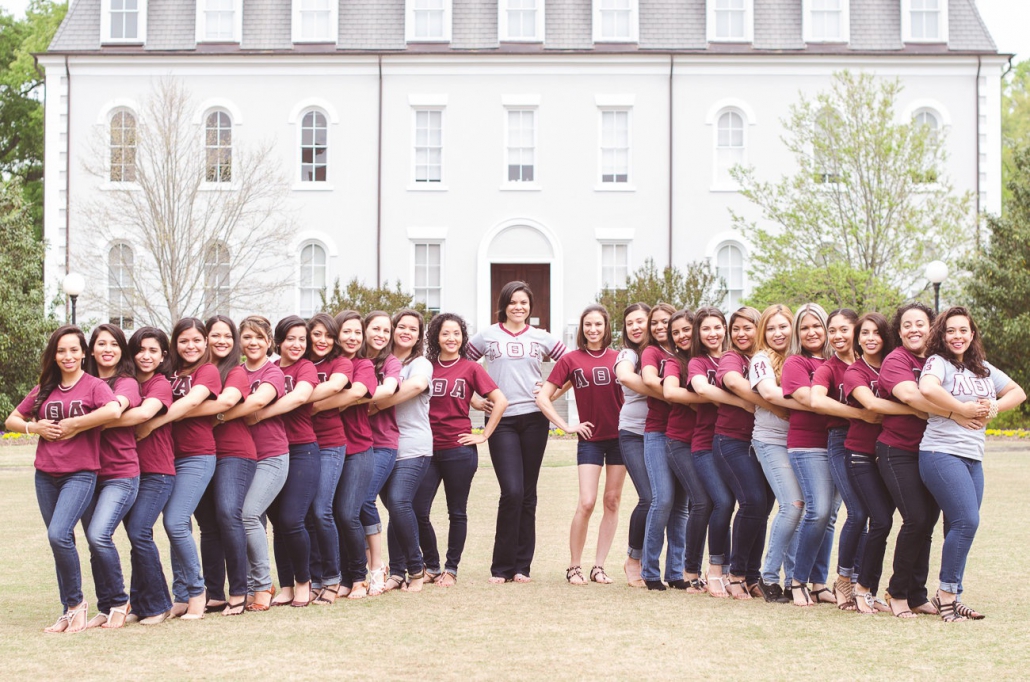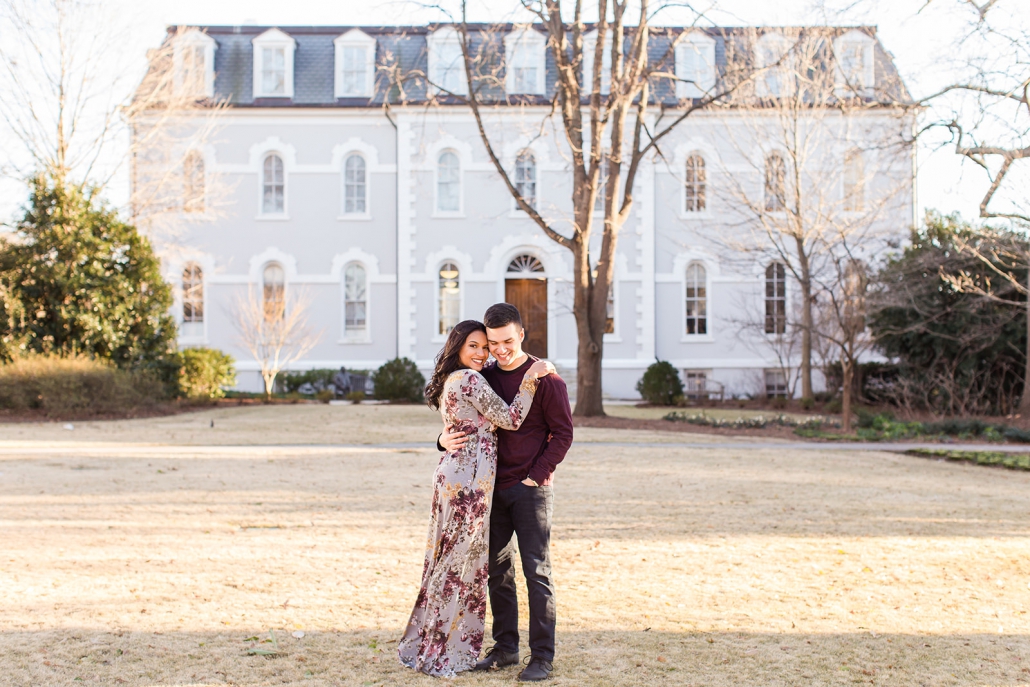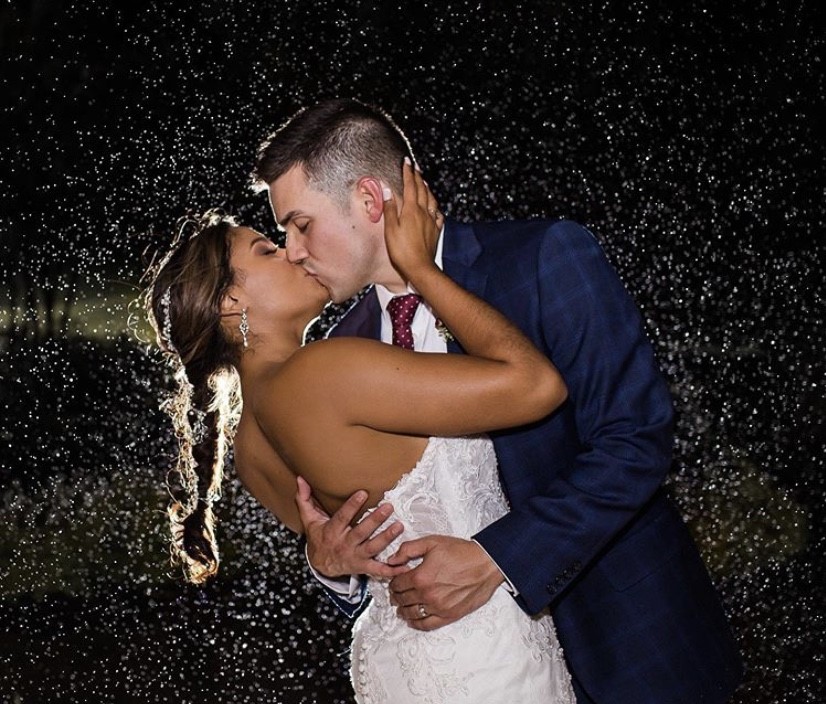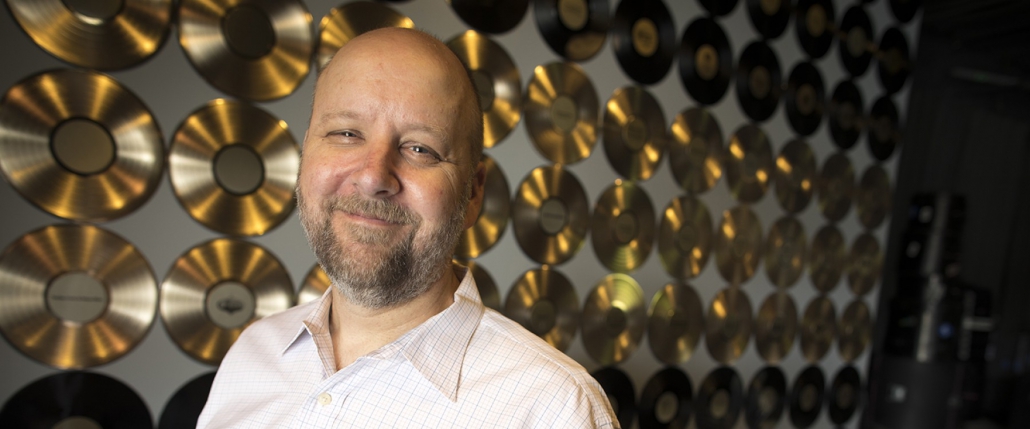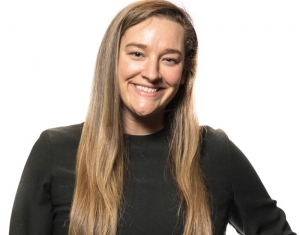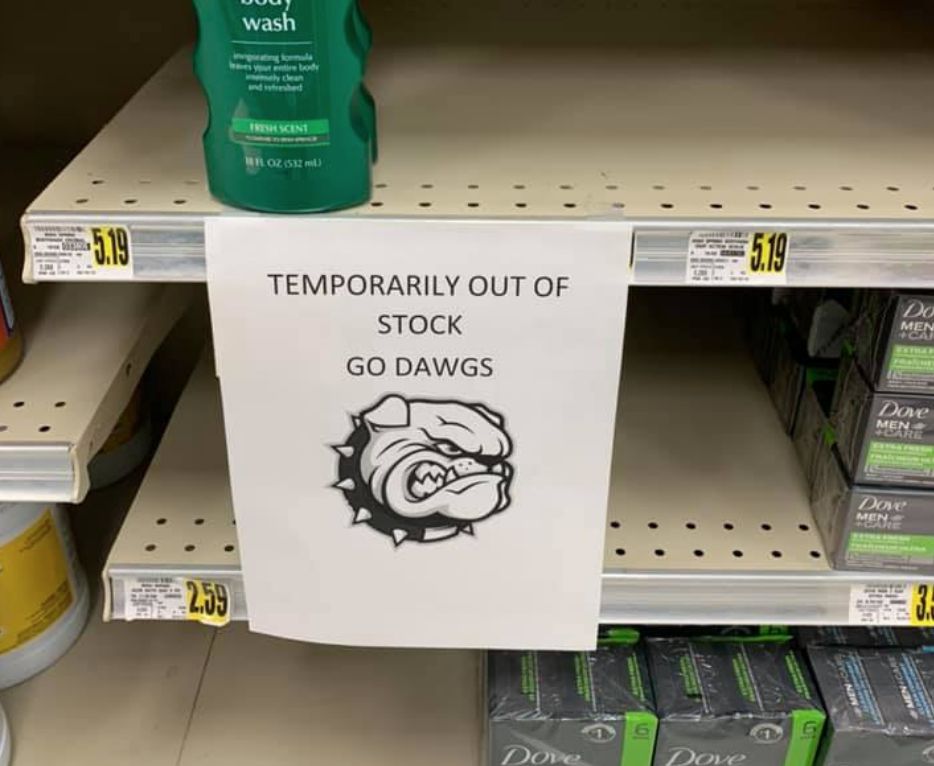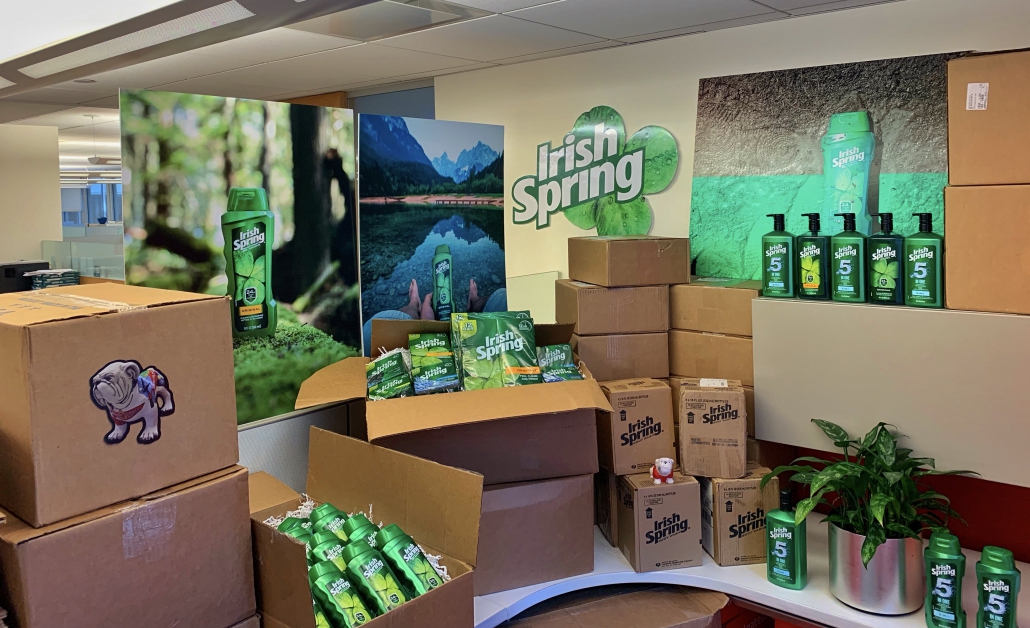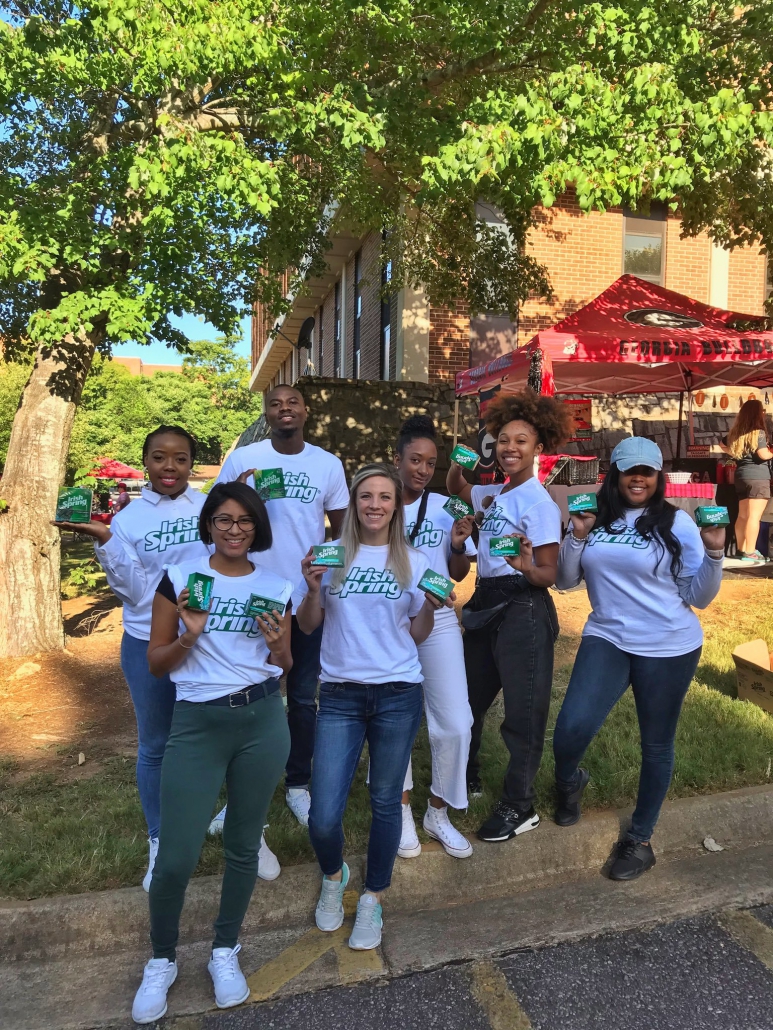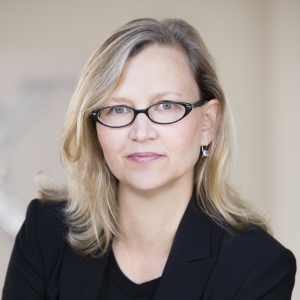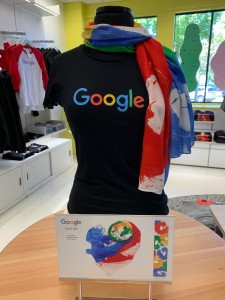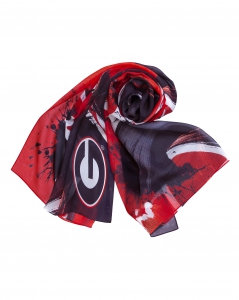Bob Sleppy (BS ’05, MBA ’10) is the executive director of Nuçi’s Space, an Athens, Georgia, nonprofit that allows musicians to meet with doctors about physical and/or mental health issues.
For World Mental Health Day today (October 10), we asked Bob to share a little about Nuçi’s Space, his UGA experience, and how attitudes toward mental health issues have evolved over the two decades since Nuçi’s Space first opened its doors.
How does Nuçi’s Space serve the Athens community?
Nuçi’s Space was created in memory of 22-year-old UGA student and talented musician, Nuçi Phillips, who was diagnosed with clinical depression in high school. Although he fought courageously, Nuçi sadly lost his battle, and on Thanksgiving Day 1996, he ended his life.
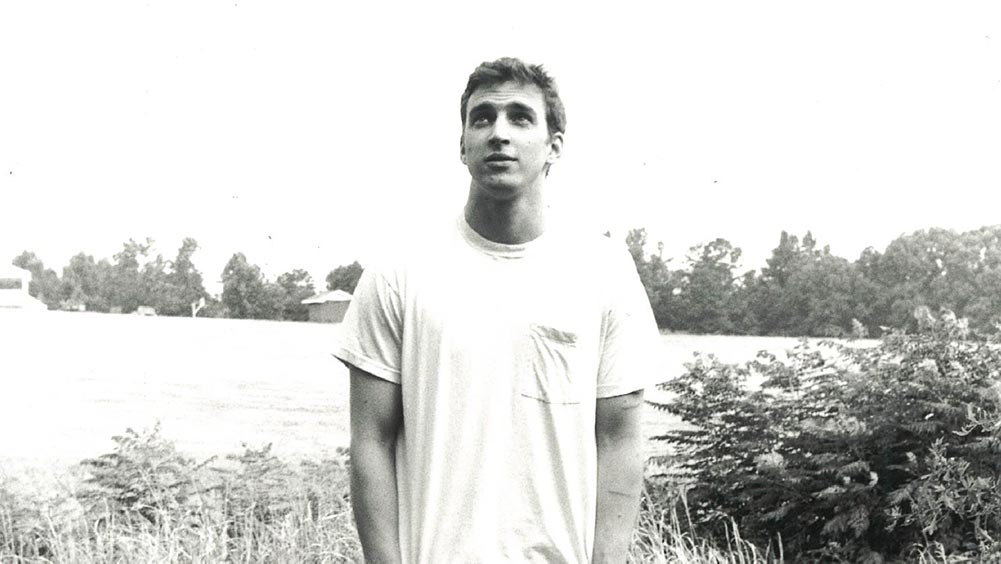
Nuçi Phillips
Nuçi’s Space is a 501(c)(3) nonprofit organization whose mission is to prevent suicide by actively supporting the emotional, physical, and professional well-being of musicians. Nuçi’s Space advocates for and helps to alleviate the suffering of those living with a brain illness while also fighting to end the stigma attached to such illnesses. To accomplish this mission, Nuçi’s Space provides a healthy, safe environment in which musicians are supported and guided to affordable, obstacle-free appropriate professional care. While appropriate treatment of brain illnesses is crucial, Nuçi’s Space also recognizes and strives to heighten awareness in order to help to identify preventive tools, including how individuals can maintain healthy lifestyles.
Since its inception, Nuçis’ Space has financially assisted 2,000+ musicians, subsidized 23,000+ appointments with mental health professionals, at a cost of over $1.2 million.
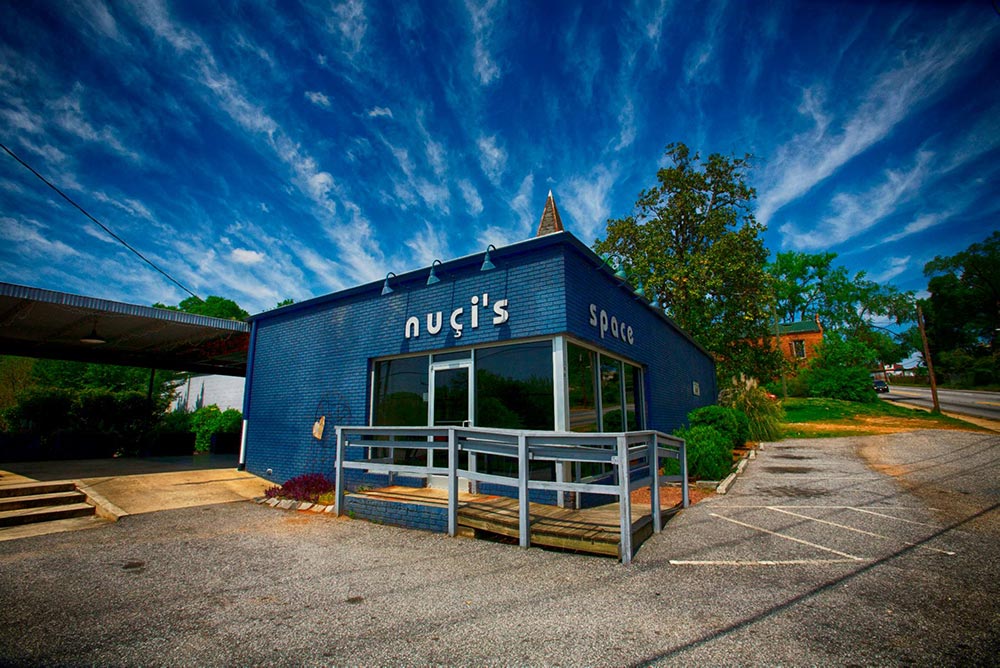
Nuçi’s Space
Describe your biggest challenge as executive director of Nuçi’s Space.
I don’t know if there is just one challenge that stands out from the others. The challenge is finding balance among all the roles and responsibilities that come with the job. I’ve found that the best way to overcome this challenge is to hire great people and lean on them to help navigate the daily ups-and-downs of managing a nonprofit organization.
How does Nuçi’s Space collaborate with UGA?
Our collaboration with UGA and its students is almost too extensive to share in its entirety. In addition to the students who volunteer with us, we regularly work with the Music Business Program, AU/UGA Medical Partnership, Institute for Nonprofit Management and Leadership, School of Social Work, Student Health Center and the UGA Police Department. The University of Georgia has been a terrific partner in our growth and we continue to look for new and exciting ways to collaborate.
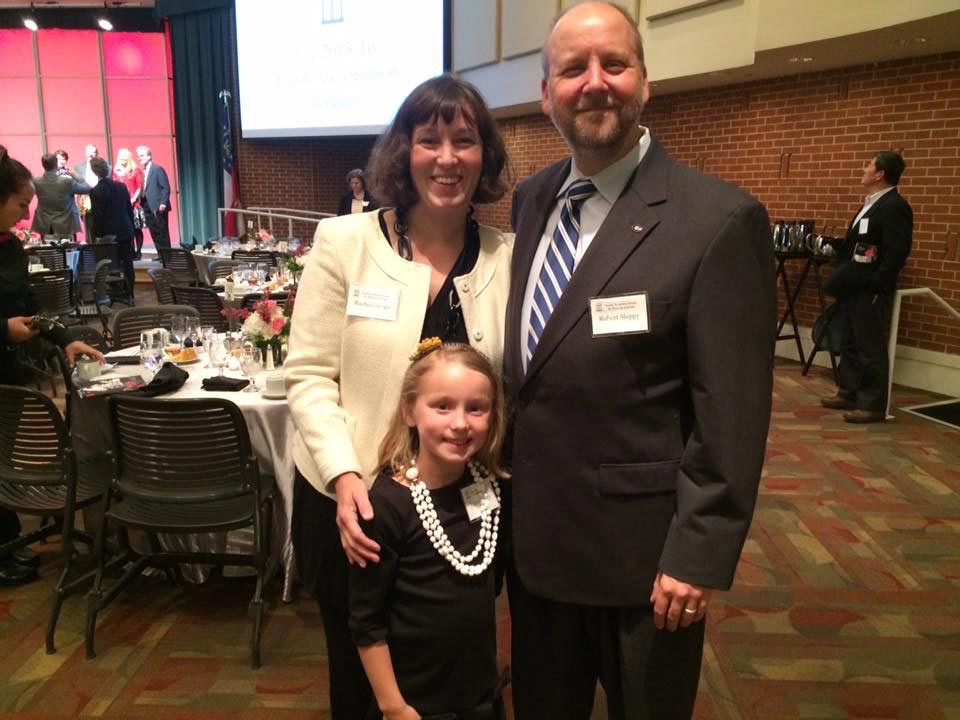
Bob with his family at the 2016 Teacher of the Year Banquet where he received that year’s honor.
How has your UGA education prepared you for this role?
In addition to the high caliber of professors, fellow students and endless learning opportunities, the attribute that really makes the University of Georgia stand out is its commitment to service learning and community engagement. The opportunity to apply the lessons learned in the classroom to real-world situations is unparalleled.
How has the community perception of mental health evolved since you started at Nuçi’s Space?
I was hired as the executive director in 1999. Fortunately, I have seen some improvement in how depression and suicide are perceived by the public. Most of the stigma related to mental illness can be attributed to a lack of understanding and misinformation. The more we talk about mental illness, share our personal stories and feel empathy for each other, opportunities to lessen the stigma will occur. This weekend, during the third quarter of the UGA vs. South Carolina football game, the crowd will be asked to hold up three fingers in remembrance of Tyler Hilinski, the brother of South Carolina’s quarterback Ryan Hilinski. Tyler lost his battle with mental illness when he took his own life in 2018. Twenty years ago, I couldn’t have imagined that 92,746 football fans would pause for a moment to honor those we’ve lost or who continue to suffer with a mental illness.
Did you have a favorite professor?
I had great professors and lecturers throughout my undergraduate and graduate programs. My experience as a student in the Terry Part-time MBA Program was beyond what I could have hoped for. Some of the professors who come to mind are Dr. Ann Buchholtz, Dr. Dwight Lee, Charles Lankau III, and Dr. Bob Boehmer. However, I attribute a good portion of my professional success to Dr. David Harvey. His financial accounting class was very challenging, but it solidified the work ethic my parents instilled in me when I was younger. I have such a profound respect for Dr. Harvey and was delighted when he accepted a position on the Nuçi’s Space Board of Directors earlier this year, nearly 12 years after I attended my first class with him.
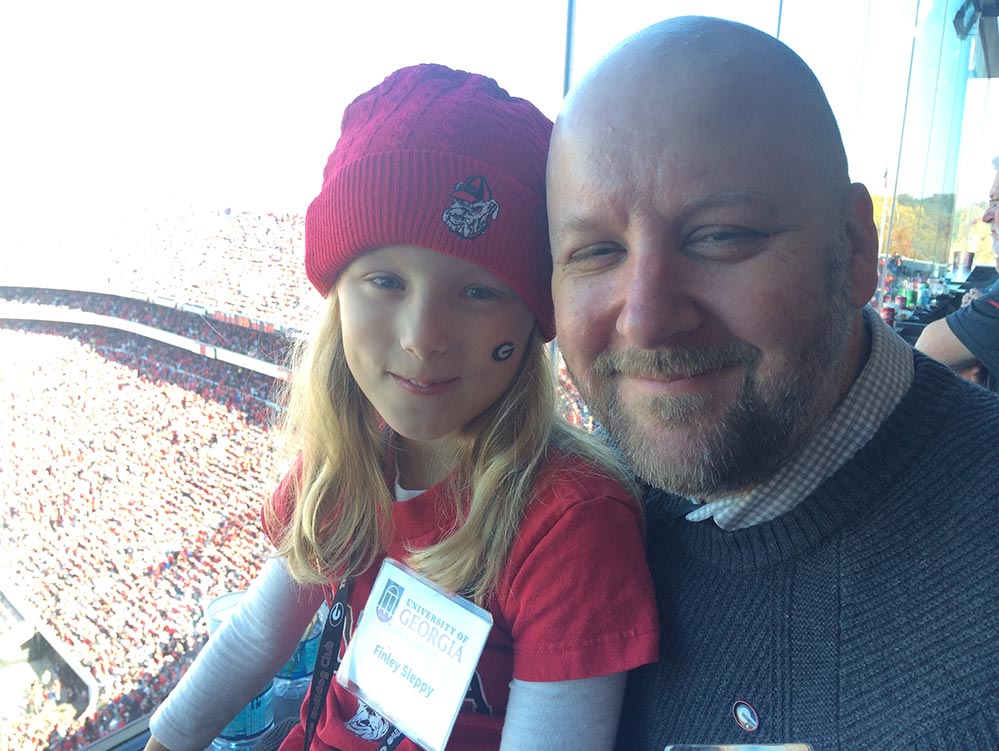
Bob and his daughter, Finley, take in a Georgia game at Sanford Stadium.
What is your favorite part of teaching?
I have been fortunate to teach Theory and Management of Nonprofit Organizations, Social Entrepreneurship and Nonprofit Leadership through the Institute for Nonprofit Management and Leadership at the UGA School of Social Work for the past 8 years. My favorite part of teaching are the ongoing relationships I have with students. I try to incorporate a Socratic style of teaching so that we discover, analyze, discuss and solve problems in the classroom together. Often my interaction with students extends beyond graduation. I receive occasional emails from former students who stay in contact with me. I love watching them transition from students into colleagues.
Has teaching enhanced your ability to perform your role at Nuçi’s Space?
Absolutely. The blessing and curse of teaching very smart students is that they keep me on my toes. My responsibility as an instructor to stay current on trends and best practices in the nonprofit sector directly impacts my role as an executive director.
Most meaningful experience at Nuçi’s Space?
I have so many great experiences at Nuçi’s Space that it’s impossible to choose just one. One of my proudest moments was when my work at Nuçi’s Space and my involvement with UGA coincided. Nuçi’s Space has been recognized four times (2012,2013, 2015, 2016) as a Bulldog 100 business, recognizing the 100 fastest growing businesses owned or run by an alumnus.

